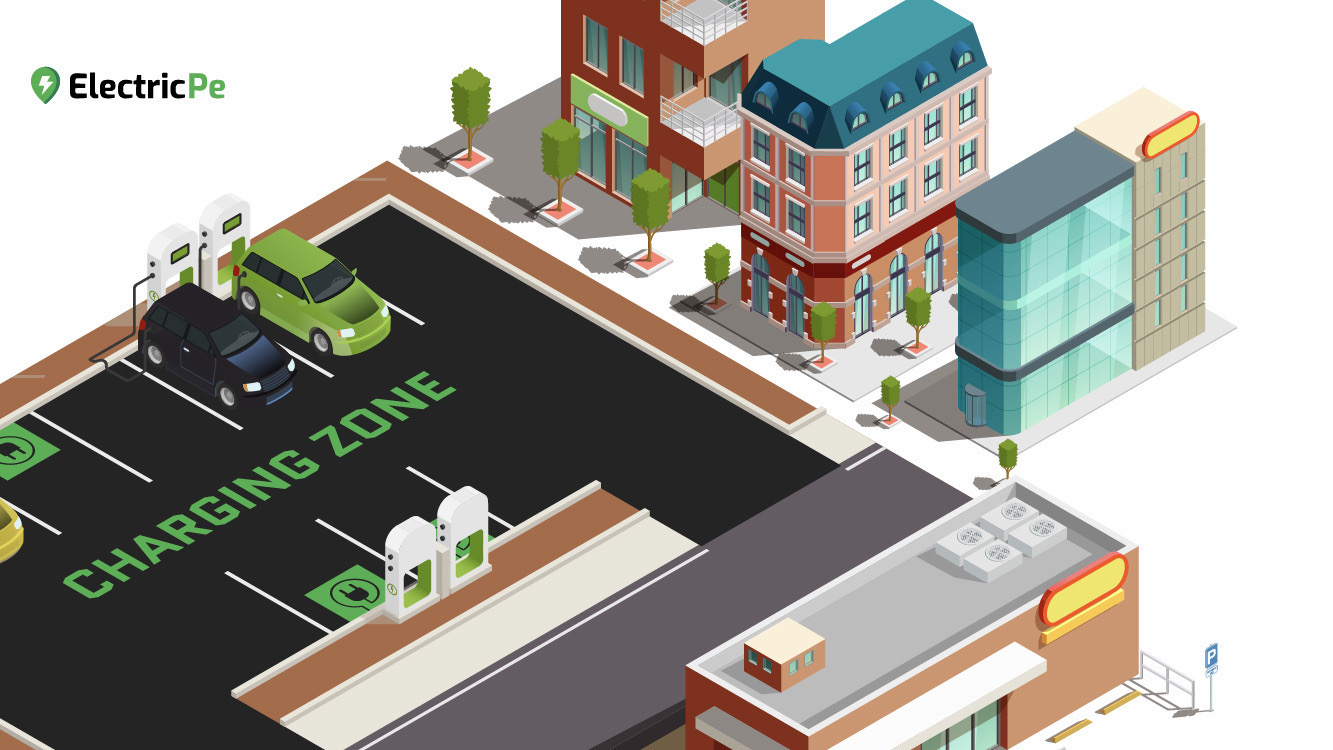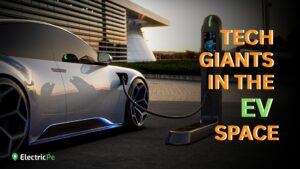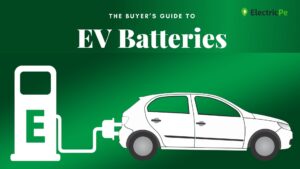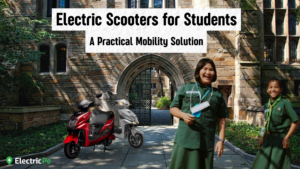As the world transitions towards a sustainable future, EVs have emerged as a promising solution for reducing carbon emissions. However, for widespread adoption of EVs to take place, robust charging infrastructure is crucial.
In this blog, we will explore the role of Resident Welfare Associations (RWAs) in
facilitating EV adoption and some ways to address their main concerns.
What comes first: The charger or The EV?
To wonder why there is a need to set up EV charging stations before an accelerated EV adoption is a great thing to wonder. “Deadlock” in this respect, means a situation where potential EV owners hesitate due to concerns about charging convenience. Flip of the coin reveals that CPOs are equally hesitant to set up charging infra due to lack of EVs. Hence the term, deadlock.
For instance, after ElectricPe went ahead to set up charging infrastructure in various societies, we saw a 20% increase in EV purchases in less than 2 months.This speaks loud enough for us to understand that the adoption of EVs heavily relies on the availability of convenient and accessible charging infrastructure and RWAs can be a big help here.
By proactively investing in the installation of charging stations within residential complexes, RWAs can instil confidence among residents considering EV ownership knocking the problem of deadlock out of the park, or society in this case.
Policy considerations – what is being done?
Let’s look at what the government has been doing to support and promote EV adoption-
- Recently, the Times of India (TOI) reported that the Bombay High Court has issued notices to the state government, filed by two residents of South Mumbai. The PIL seeks orders to amend the model bye-laws of cooperative societies, making it mandatory to provide charging infrastructure for electric vehicles in housing societies.
- Under Maharashtra’s new electric vehicle policy, which will be implemented on March 31, 2025, housing associations with charging stations will receive property tax exemptions ranging from 2% to 5%.
- In June, the Delhi government agreed to establish a one-stop shop to promote the installation of charging infrastructure in condominiums, condominium associations, hospitals, shopping malls, and theatres.
In 2019, the Ministry of Housing, Urban, and Rural Development mandated the allocation of parking spaces for electric vehicles in societies and apartments. The policy stipulates that a minimum of 20% of total vehicle parking spaces in residential and commercial areas should be reserved for electric vehicles.
- The Delhi government has also approved funding to expand charging infrastructure for apartments, housing associations, hospitals, shopping centres, and other locations.
- The state government now offers property tax benefits to local associations that build charging stations for electric vehicles.
The government is trying continuously to feed their ambition of making India a 100%, electric vehicle nation by the year 2030. RWAs can make use of these considerations and actively engage with policymakers to advocate for favourable policies and regulations that support the establishment of charging infrastructure. By working together and using their power for good, RWAs can help create an enabling environment for EV adoption at the local level.
Costing and Operations
One aspect to consider is whether charging points should be privately owned or available for communal use. While private charge points offer convenience and exclusivity to individual EV owners, they can most of the time be very messy, ad hoc personal charger installations mean more unplanned wires that exponentially increase the chances of lethal electrical accidents due to overheating, short circuits, etc. Common charging points also mean a shared load consumption, which helps prevent unbalanced load due to individual chargers which often turn out to be unsafe. Free load requirement also goes down for the society as whole.
So, when it comes to safety and cost optimization, Public chargers are for sure the way to go.
And then comes the most important question of all- At a society level, why should someone who doesn’t prefer an EV bear the cost of installing EV chargers (electricity, charging, installation etc) in their society?
By charging the users a premium on the per unit cost of electricity, RWAs can help the residents recover the cost of the charger and maintenance from the EV users without burdening everyone else.
Additionally, RWAs can introduce a membership or subscription model where residents pay a monthly or annual fee to access the EV charging infrastructure. This approach allows RWAs to recover the costs over time and ensures a sustainable source of revenue for maintenance and future upgrades.
Coming to operations, RWAs should strategically implement setting up charging stations depending on the size and requirements of the residential community, building’s electrical capacity, resource allocation, parking space available, exposure to sunlight etc.
Their approach should be to maximise charging accessibility while accommodating the preferences of different residents.
Lastly, RWAs can connect with other communities or associations that have successfully implemented EV adoption initiatives. By sharing best practices, lessons learned, and success stories, RWAs can learn from the experiences of others and implement effective strategies in their own communities.
ElectricPe can help you with every listed problem with its cutting edge technology and repetitive effort to make EV adoption as easy and convenient as possible for every Indian. ElectricPe enables billing without any manpower to enable accountability and eradicate
electricity theft. Our technology allows CPOs to monitor the number of customers and bookings, access data on energy consumed and amount due, set unit prices for the establishment, whitelist users and much more, making the whole process of running a charging station, easier than ever.
We currently have a presence in 2000+ societies, helping associations help residents go electric the easier way.
Making your society EV enabled with ElectricPe boosts value for the society, both from monetary as well as practicality perspective. To build a society where residents don’t have to worry about not being able to switch, reach out to us on support@electricpe.com or call us at 8147060222, and we’ll take care of whatever comes in the way.
To learn more about who we are and what we do, visit https://electricpe.com/





